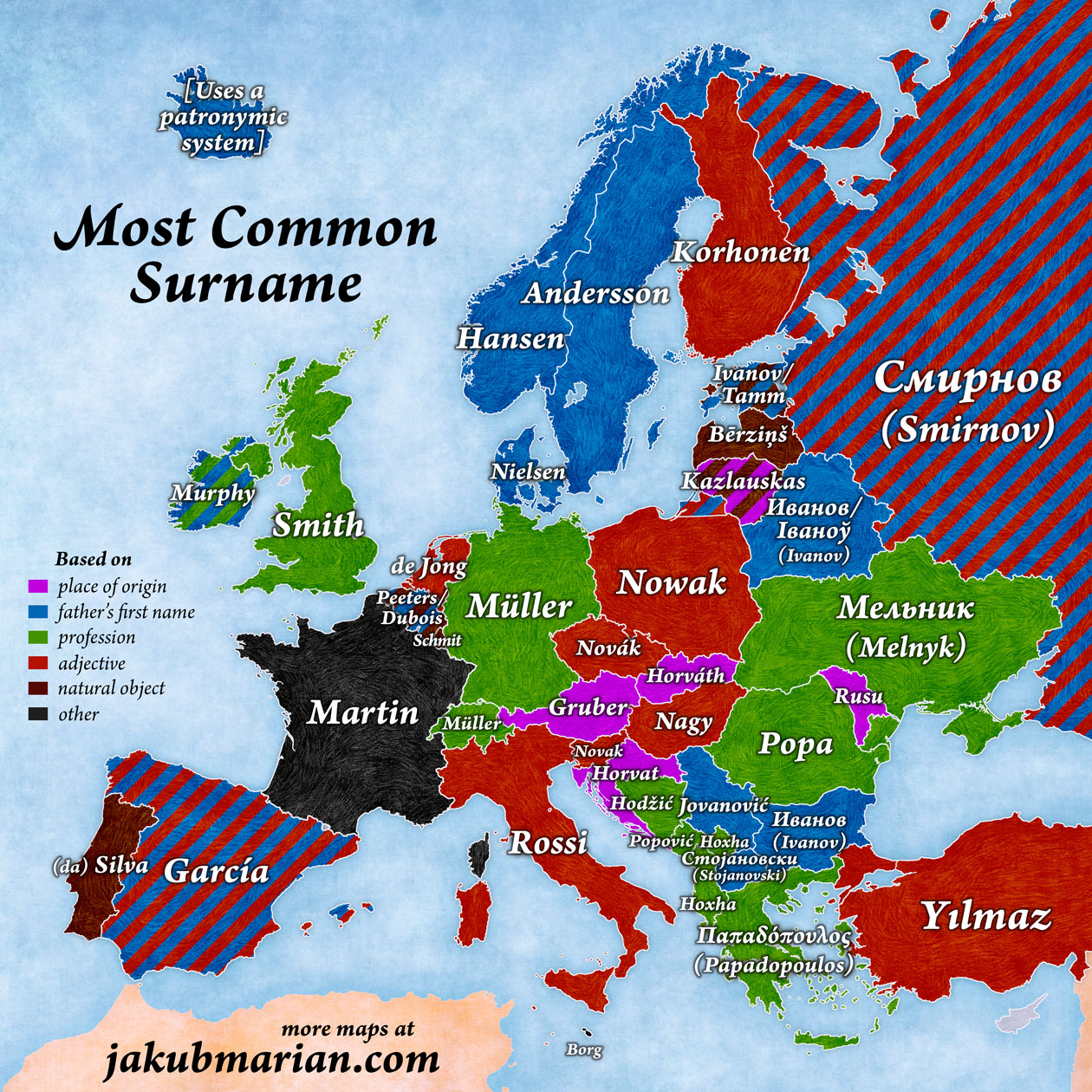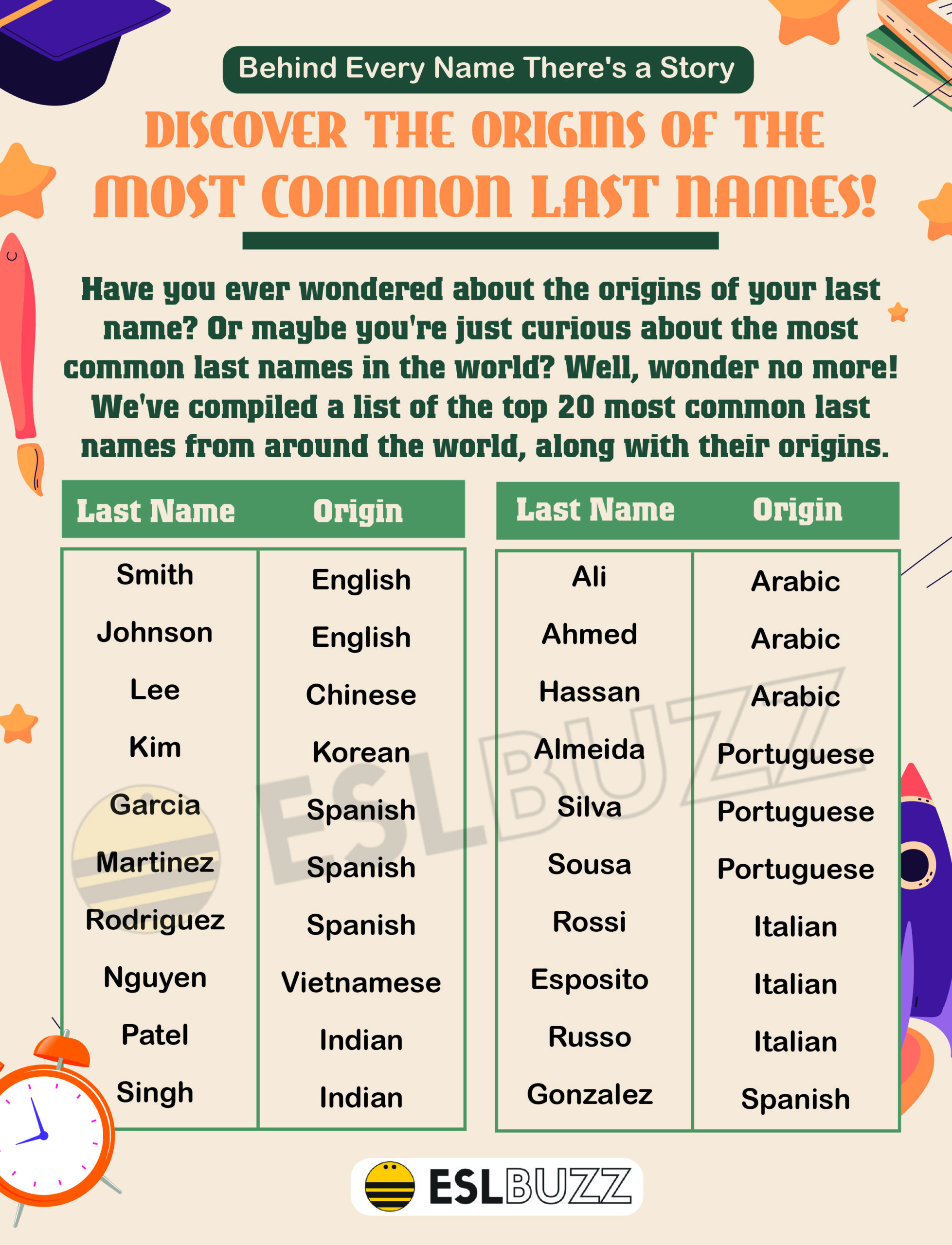Ever wondered why Ethiopian surnames have such rich and unique origins? They’re not just names—they’re stories, legacies, and cultural treasures. Ethiopian surnames carry deep meanings that reflect the country’s vibrant history, diverse ethnicities, and ancient traditions. Whether you’re tracing your roots or simply fascinated by the rich tapestry of Ethiopian culture, this article has got you covered.
If you’re diving into the world of Ethiopian names, you’ll quickly realize they’re more than just words. These surnames are steeped in history and carry the essence of Ethiopia’s past. From the Amhara highlands to the Oromo plains, each surname tells a story that connects generations. And trust me, it’s a story worth exploring.
In this article, we’ll uncover the most common Ethiopian surnames, their meanings, and their significance in modern-day Ethiopia. We’ll also touch on how these names tie into the broader cultural landscape of the Horn of Africa. So grab a cup of coffee (Ethiopian, of course), and let’s get started!
- Free Bollywood Movies And Tv Shows On Bolly4u Com
- The Ultimate Guide To Xxmx Enhance Your Knowledge And Skills
Table of Contents
- Introduction to Ethiopian Surnames
- The History Behind Ethiopian Surnames
- Top 10 Common Ethiopian Surnames
- Cultural Impact of Ethiopian Surnames
- Regional Differences in Naming Traditions
- Modern Trends in Ethiopian Naming
- Tracing Your Ethiopian Surname
- Famous Ethiopians and Their Surnames
- Language Influence on Ethiopian Surnames
- Conclusion: Celebrating Ethiopian Heritage
Introduction to Ethiopian Surnames
Let’s kick things off with a little background. Ethiopian surnames are more than just identifiers—they’re a reflection of the country’s rich cultural heritage. Unlike Western naming conventions, Ethiopian names often carry deeper meanings tied to ancestry, geography, or even historical events. It’s like each surname is a mini-history lesson in itself.
In Ethiopia, surnames aren’t always passed down in the same way as in Western cultures. Instead, they’re often derived from the father’s or grandfather’s name, creating a direct link to one’s lineage. This practice is deeply rooted in Ethiopian tradition and helps preserve family histories across generations.
But what makes Ethiopian surnames truly fascinating is their diversity. With over 80 ethnic groups in Ethiopia, each region has its own unique naming conventions. From the Amhara and Tigray in the north to the Oromo and Somali in the south and east, every surname tells a different story. So, let’s dive deeper into the history and significance of these names.
- Watch Movies Online With Movierulz Tv Your Ultimate Streaming Destination
- Discover The Latest Alana Cho Onlyfans Content Uncensored And Free
The History Behind Ethiopian Surnames
Ethiopia’s naming traditions have evolved over thousands of years, shaped by its complex history and diverse cultures. The origins of Ethiopian surnames can be traced back to ancient times, when names were often tied to geography, occupation, or personal characteristics. For example, the surname "Tadesse" means "one who gives thanks," while "Gebremedhin" translates to "God’s mercy."
During the Solomonic Dynasty, which ruled Ethiopia for centuries, surnames became even more significant. Royalty and nobility often adopted surnames that reflected their status or achievements. This tradition continues today, with many Ethiopian families proud to carry surnames that honor their ancestors.
Another interesting aspect of Ethiopian naming is the influence of religion. Ethiopia is home to one of the oldest Christian communities in the world, and many surnames are derived from biblical names or religious terms. Similarly, Muslim communities in Ethiopia often use Arabic-influenced names, adding another layer of diversity to the naming tradition.
How Ethiopian Naming Differs from Western Traditions
Unlike Western cultures, where surnames are typically passed down from father to child, Ethiopian naming often follows a different pattern. In many cases, a person’s surname is derived from their father’s or grandfather’s given name. For example, if a man named Getachew has a son named Yonas, the son might be referred to as Yonas Getachew. This system helps maintain a clear family lineage and preserves the family’s history.
Another key difference is the use of middle names. In Ethiopia, middle names often serve as a bridge between generations, linking the child to their grandparents or other ancestors. This practice ensures that family histories are never forgotten.
Top 10 Common Ethiopian Surnames
Now that we’ve covered the history and significance of Ethiopian surnames, let’s take a look at some of the most common ones. These names are not only popular in Ethiopia but also carry deep cultural and historical meanings. Here’s a list of the top 10:
- Tadesse – "One who gives thanks"
- Gebremedhin – "God’s mercy"
- Bekele – "He who has grown"
- Abebe – "Born on Saturday"
- Worku – "Peace"
- Asfaw – "Crown"
- Mekonnen – "He who is merciful"
- Woldemariam – "Son of Mary"
- Haile – "Power" or "Praise"
- Mulugeta – "First comer" or "Chief"
Each of these surnames has a unique story and meaning. For example, "Tadesse" reflects gratitude and thankfulness, while "Bekele" symbolizes growth and progress. Similarly, "Worku" represents peace and harmony, making it a popular choice for families seeking unity.
Interesting Facts About These Surnames
Did you know that some Ethiopian surnames are tied to specific days of the week? Names like "Abebe" (born on Saturday) and "Alemayehu" (born on Friday) are common examples of this practice. This tradition reflects the importance of astrology and religious beliefs in Ethiopian culture.
Another interesting fact is the influence of Christianity on Ethiopian naming. Surnames like "Woldemariam" and "Haile" are derived from biblical figures and religious terms, highlighting the country’s deep Christian roots.
Cultural Impact of Ethiopian Surnames
Ethiopian surnames play a crucial role in preserving the country’s cultural heritage. They serve as a bridge between the past and the present, connecting individuals to their ancestors and traditions. In a rapidly globalizing world, these names remind Ethiopians of their unique identity and history.
Moreover, Ethiopian surnames often carry social and cultural significance. For example, names associated with royalty or nobility are still revered today, while names tied to religious figures are seen as blessings. This reverence for names reflects the importance of tradition and ancestry in Ethiopian society.
But the cultural impact of Ethiopian surnames extends beyond Ethiopia’s borders. As more Ethiopians migrate around the world, they bring their naming traditions with them, sharing their rich cultural heritage with others. This global exchange helps preserve Ethiopian traditions while also enriching the cultures of other nations.
How Naming Traditions Reflect Ethiopian Values
Ethiopian surnames often reflect the values and beliefs of the society. Names like "Worku" (peace) and "Bekele" (growth) highlight the importance of harmony and progress, while names like "Gebremedhin" (God’s mercy) emphasize faith and spirituality. These values are deeply ingrained in Ethiopian culture and are passed down through generations via naming traditions.
Regional Differences in Naming Traditions
Ethiopia’s diverse ethnic groups have distinct naming traditions that reflect their unique cultures and histories. For example, the Amhara people in the north often use surnames derived from biblical names or religious terms, while the Oromo people in the south prefer names tied to nature and geography.
Similarly, the Tigray people in the northern highlands have their own naming conventions, often using surnames that reflect their warrior heritage. Meanwhile, the Somali people in the east often adopt Arabic-influenced names, reflecting their Islamic traditions.
These regional differences highlight the incredible diversity of Ethiopian culture and the richness of its naming traditions. Whether you’re exploring the Amhara highlands or the Oromo plains, each region offers a unique perspective on Ethiopian surnames.
Examples of Regional Surnames
Here are some examples of surnames from different regions:
- Amhara: Tadesse, Gebremedhin, Bekele
- Oromo: Jilo, Lemu, Tufa
- Tigray: Hagos, Gebreyesus, Weldu
- Somali: Ahmed, Ali, Jama
Modern Trends in Ethiopian Naming
While traditional naming conventions remain strong, modern trends are also influencing Ethiopian surnames. With globalization and increased exposure to Western cultures, some Ethiopians are adopting more international names. However, many still prefer to maintain their cultural heritage by combining traditional names with modern ones.
Another trend is the increasing use of compound surnames, where two or more names are combined to create a unique identifier. This practice helps preserve family histories while also allowing for personal expression.
Despite these changes, Ethiopian naming traditions remain deeply rooted in the country’s cultural heritage. Whether through traditional or modern names, Ethiopians continue to honor their ancestors and preserve their unique identity.
Blending Tradition with Modernity
The balance between tradition and modernity is a key theme in Ethiopian naming trends. While some families stick strictly to traditional names, others embrace a mix of old and new. This blend reflects the dynamic nature of Ethiopian culture and its ability to adapt while staying true to its roots.
Tracing Your Ethiopian Surname
If you’re interested in tracing your Ethiopian surname, there are several resources available. Start by talking to older family members who may have knowledge of your family’s history. They can provide valuable insights into your surname’s origins and meanings.
Next, consider using genealogy websites and databases to research your family tree. Many of these resources offer access to historical records, census data, and other documents that can help you trace your lineage. Additionally, connecting with Ethiopian cultural organizations or genealogy groups can provide further support and guidance.
Remember, tracing your surname is not just about finding information—it’s about reconnecting with your heritage and honoring your ancestors. So take your time, enjoy the journey, and embrace the stories your surname has to tell.
Tips for Researching Your Surname
- Start with family stories and oral histories
- Use genealogy websites and databases
- Connect with cultural organizations and groups
- Explore historical records and documents
Famous Ethiopians and Their Surnames
Ethiopia has produced many notable figures whose surnames reflect the country’s rich cultural heritage. From politicians and activists to artists and athletes, these individuals have made significant contributions to their fields while proudly carrying their Ethiopian surnames.
For example, Haile Selassie, the last emperor of Ethiopia, bore a surname that means "power" or "praise." His name reflects the importance of leadership and authority in Ethiopian culture. Similarly, Abebe Bikila, the first African to win an Olympic gold medal, carried a surname that means "born on Saturday," highlighting the influence of astrology in Ethiopian naming.
Other famous Ethiopians include:
- Tewodros II – A renowned emperor whose surname reflects his warrior heritage
- Miriam Makeba – A legendary singer whose Ethiopian roots inspired her music
- Tirunesh Dibaba – A world-renowned athlete whose surname means "born on Tuesday"
The Legacy of Ethiopian Surnames
The surnames of famous Ethiopians not only reflect their personal achievements but also highlight the broader cultural significance of Ethiopian naming traditions. These names serve as a reminder of Ethiopia’s rich history and the enduring legacy of its people.
Language Influence on Ethiopian Surnames
Ethiopia’s linguistic diversity has a significant impact on its naming traditions. With over 80 languages spoken in the country, each region has its own unique naming conventions influenced by local dialects and cultures. For example, Amharic


